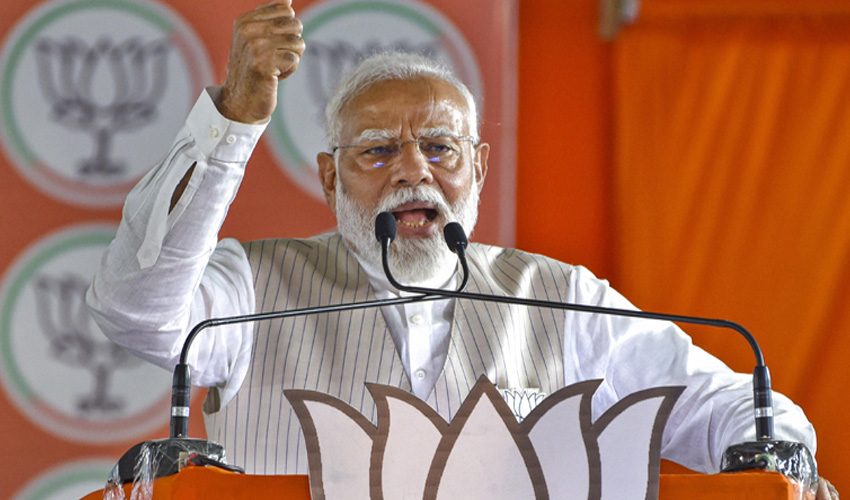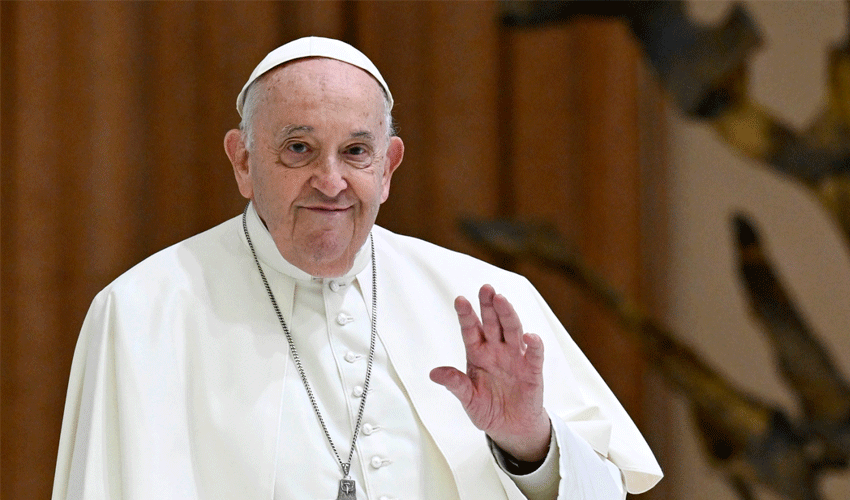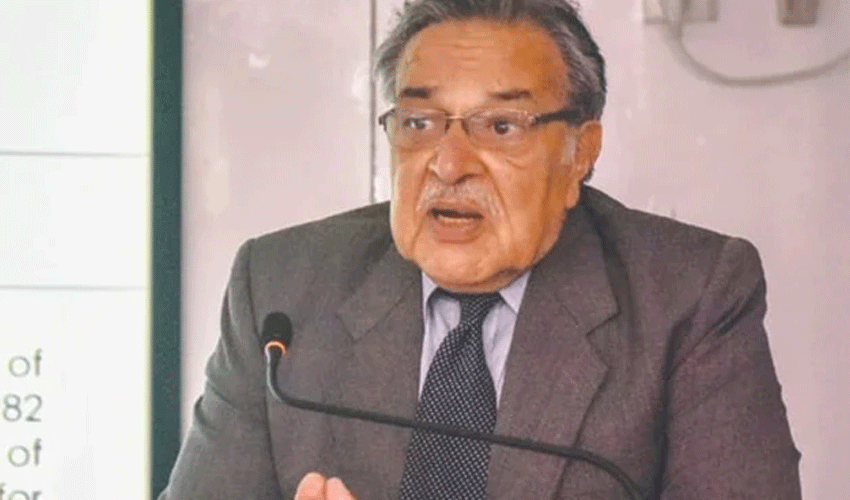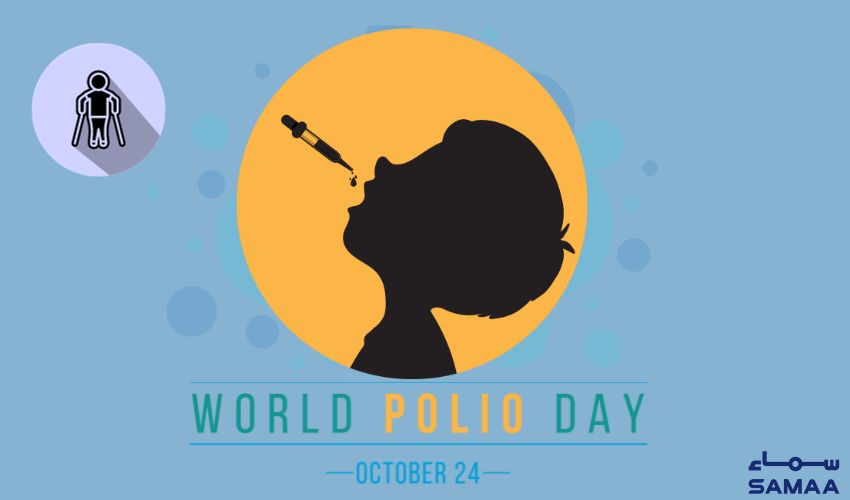The Central Bureau of Communication (CBC), an Indian government agency, has come under scrutiny for allegedly spending millions of rupees on advertisements that closely mirror the Bharatiya Janata Party’s (BJP) election slogans.
The CBC, tasked with promoting government plans, has been accused of channeling taxpayer money into campaigns that critics say effectively serve as political endorsements for Prime Minister Narendra Modi and his party.
As the election season gained momentum in November, the BJP's catchphrase "Modi ki guarantee" (Modi’s guarantee) became prominent, promising voters personal assurances from the Prime Minister.
However, in a parallel campaign, the CBC launched advertisements with the tagline "Modi sarkar ki guarantee" (Modi government’s guarantee), blurring the lines between government promotions and party propaganda.
One notable advertisement aired in February featured an actor reassuring a concerned father about his son’s entrepreneurial future, thanks to “Modi’s guarantee” of a thriving startup environment in India. These advertisements, although funded by the government, were strikingly similar to the BJP’s election messaging.
In March, the Indian National Congress, the main opposition party, filed a complaint with the Election Commission of India (ECI), alleging misuse of public funds for the BJP’s election campaign.
An investigation by Al Jazeera has since revealed the extent of the CBC's expenditure, totaling nearly 387 million rupees ($4.65 million) on Google ads over a span of four months, making it the largest spender on political advertisements in that period, surpassing even the BJP.
The controversy escalated as more CBC ads mirrored BJP slogans. For instance, a March advertisement portrayed Modi celebrating Diwali with soldiers, emphasizing that “We are all Modi’s family,” echoing the BJP’s “Modi ka parivar” (Modi’s family) theme.
Opposition leaders and transparency activists argue that the CBC’s actions are part of a broader pattern of the Modi administration using state machinery for partisan gains.
Akshay Marathe of the Aam Aadmi Party (AAP) criticized Modi’s centralization of power, while transparency advocate Vipul Mudgal described the situation as a historic misuse of public funds for political campaigns.
Despite repeated inquiries, CBC officials have remained silent on the allegations. The BJP, on its part, defended the government's advertising practices as standard procedure, citing historical precedents of government promotion of developmental schemes.
The debate over the legitimacy and ethicality of these expenditures highlights a persistent challenge in Indian politics.
Historically, governments have exploited public resources for electoral gain, but experts like former Chief Election Commissioner SY Quraishi emphasize the need for stricter regulations to ensure a level playing field.
In a significant policy shift in May 2023, the Modi administration increased the CBC’s budget by 275%, empowering the agency to launch extensive digital ad campaigns.
This change, coupled with a new Digital Advertisement Policy adopted in November 2023, enabled the CBC to flood platforms like Google with politically charged content.
Transparency activists argue that the CBC’s substantial investment in digital ads points to a broader issue of inadequate oversight on political spending.
The Committee on Content Regulation of Government Advertisements (CCRGA), established to monitor government ad spending, has limited power and is seen as ineffectual due to its members being appointed by the government.



























